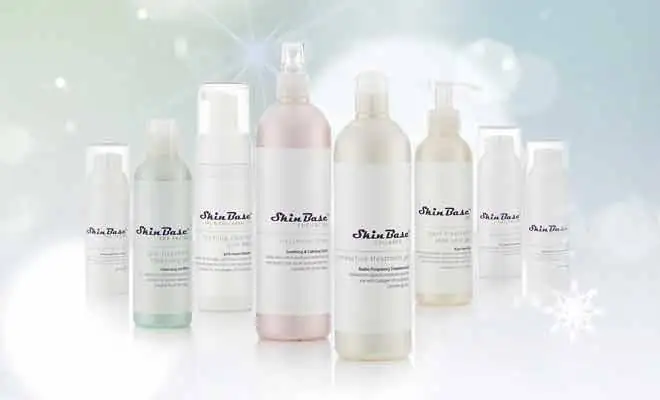There has been a lot of talk recently about the effectiveness of retinoids in skincare. Many dermatologists now believe that retinoids may be the key to anti-ageing. But what are they and how do they work?
Vitamin Power
All retinoids are vitamin A derivatives, but each retinoid works slightly differently. There are over 4,000 different retinoids, but only a few are used in anti-ageing skincare. The most popular retinoid for anti-ageing is retinol, and you’ll find this in many skincare creams and serums. Retinol is actually pure vitamin A, which means it is effective at low concentrations. However, retinol may be too potent for some skin types, so a vitamin A precursor called retinaldehyde is also often used. Once applied, Retinaldehyde is converted into vitamin A by the skin itself, which helps to avoid adverse reactions because the skin cannot be overloaded.
What do they actually do?
Retinoids work by drastically speeding up the rate of cell renewal in the skin. By shedding older cells, the newer, younger cells are pushed to the surface of the skin, leading to smoother, more even-toned skin. But retinoids do more than just enhance natural exfoliation; they speed up all skin cell renewal, which means they increase collagen production too, for firmer, less wrinkled skin. The way that retinoids work may seem quite simple, but the effects speak volumes.
Retinoid Tips and Tricks
- They are extremely light sensitive. Keep your products in a drawer or cupboard and wear them only at night so that the retinoids aren’t rendered inactive by sunlight.
- Cosmetic versions can take a long time to start working, and you may need to persevere for several months before seeing changes.
- If you’re concerned about sensitivity, start out with a less-potent retinoid and switch to a stronger one after a few weeks, to allow your skin to get used to it.
- Your skin may start to peel and become red or dry. This is normal; start using nourishing skincare and gentle cleansers to support your skin’s renewal.
Image:istock.com/Wavebreakmedia

